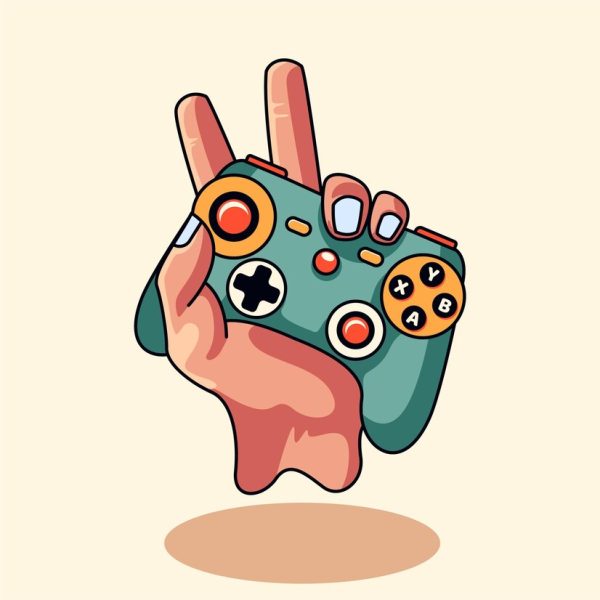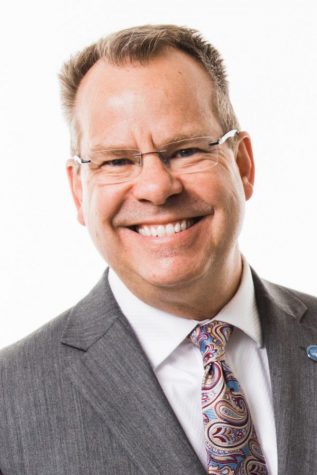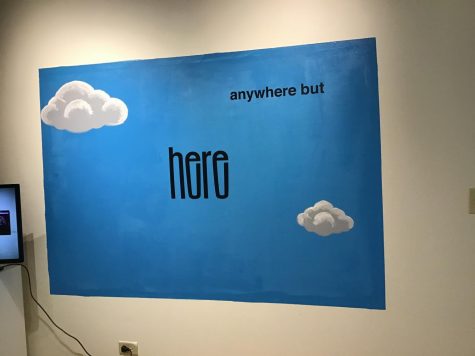Mock Mediatian:The best team you’ve never heard of
April 2, 2015
Ten times first place, special recognition from an international ambassador, small student organization of the year and a title that reads “World Champions.” These are the accolades of one of the youngest and most dominant teams Georgia Southern has to offer.
It is hardly unexpected that the achievements of the Georgia Southern University Mock Mediation Club have flown under the radar. “Mock Mediation,” is not the sexiest avenue of competition to thrive in. However, when a group filled out with undergraduates pursuing what is an extracurricular activity to them goes head-to-head with a field of mediation semi-professionals, sex appeal doesn’t hold much clout.
This is what GSU’s Mock Mediation Club did two short weeks ago in Des Moines, Iowa at the International Law School Mediation Competition.
Where’d they come from?
On Oct. 4, two years ago, club founder and current president, Dylan John, took himself and two other students to Brenau University in Gainesville, Georgia for the club’s first competition. At that time Mock Mediation had not been named as an official student organization by GSU.
Only one of Mock Mediation’s current leaders were around for their first tournament, but when Dylan John, Jonathan Quintyne and Jessica Shanken of the Mock Mediation Club sat down last Sunday, they joked and reminisced about Georgia Southern’s entrance into mediation competition.
“We were very specific then, we told the tournament organizers, ‘Call us a Mock Mediation interest group from Georgia Southern, not Mock Mediation club from Georgia Southern,’” John said jokingly. “We didn’t want to get in any trouble with the university for calling ourselves a club before we were one.”
Though they may have arrived in a joking mood, by the end of the competition the Georgia Southern Mock Mediation ‘interest group’ made it clear to their competition that they were serious.
When the Brenau Regional tournament concluded, the team claimed seven of the 21 awards, including an overall top individual performance award won by John himself.
According to John, this early success from a young team immediately put them on the mediation map. The next year GSU Mock Mediation took five teams to the same competition and gathered another eight awards, including four first place awards.
In the two years since that first competition in Gainesville, Georgia, the club has won a pile of awards, trained teams from Brazil and Sri Lanka, dominated the Southeastern mediation scene and qualified for the International Law School Mediation Tournament in Des Moines, Iowa.
The Tournament
When the topic of the international tournament came up, Quintyne, who serves as the vice president of training and competition for Mock Mediation, rolled his eyes and laughed.
“Getting to that tournament was a nightmare.”
Battling food poisoning and cancelled plane tickets, the team did eventually arrive in Des Moines for the tournament.
What makes this tournament different from any other tournament the club had competed in is the level of competition and who is invited. In previous competitions, whether regional or national, the club competed almost exclusively with other undergraduate programs from the United States. At this tournament, the club would match against predominantly near-graduated law school students from the US, Canada, India, Mexico and Brazil.
At the time, John was the only member of the team who had competed against law students in mediation before. When asked how that went he took a long pause, chuckled and said, “Not well.”
John said, “Going into the competition we had all of these things going against us. You know, we made it there, and being in the previous year’s international competition I knew how competitive it was going to be. Law students take this extremely seriously, not to mention this is their career path so they don’t like to be shown up by anyone.”
“When we walked in the law schools said ‘Welcome guys, come see how we do this,’” John said.
Coming into the tournament, Shanken, the club’s vice president of public relations and community engagement, didn’t have high hopes of categorical success.
“Honestly, I was just hoping we could come out of it with some good experience and learn a lot; that’s it,” Shanken said.
Early on it looked like Shanken may have been right. After an early round Quintyne, who was acting as mediator for a case, was not confident in their advancement.
”I came back and said, ‘So guys, I’m gonna be real with you, we’re done. This guy was too good,’” Quintyne said.
The mediator Quintyne competed against was awarded as the number one mediator at the national undergraduate competition that Georgia Southern had qualified at. When the judges’ ballots came back, Quintyne had beaten him.
After the team got through the initial rounds of the competition, Shanken came back after another supposedly poor performance proclaiming defeat in the semifinals.
“After a round concludes there is a brief self-reflection period where you analyze what went well and what didn’t go well in the round for you. I was so sure I had lost it for the team I started writing my to-do list for when I got back to Statesboro,” Shanken said.
However, once again, GSU Mock Mediation trudged on to the next round, the final round.
At this point the team had already blown by their expectations and was riding purely on momentum, John said.
“By the time we got selected for the finals I was pretty much high on life, that felt like a dream. I didn’t care if we won or lost, at that point we were in the finals. That’s it,” Quintyne said.
In the final round Jessica Shanken and Jonathan Quintyne remained as one of the two-advocate/client teams left in the competition. They argued a case on stalking against law students from the University of Ottawa.
Beyond the stakes being raised even further, the judges for the final round were all Iowa State Supreme Court judges.
After the case proceedings wrapped up and a grueling multi-hour wait, the final places were decided for the International Law School Mediation Tournament.
The judges announced that the undergraduate GSU Mock Mediation club had claimed ninth place overall in team mediation, first pace overall in advocate/client team and two members, Quintyne and Shanken, named to the All-World advocate/client team.
“After we won it was like a wave of acceptance. When we first showed up it was like we were the odd guys out, being undergraduates. But after we won we were really accepted in a really powerful way,” Quintyne said.
Going into it they were able to compete with nothing to lose, everything to gain and a past pedigree of success. All of this combined with their extreme dedication showed incredible results, Rich Calkins, INADR president, said.
According to Quintyne, John and Shanken’s passion is what sets them apart.
“Passion is what pushes us. We do this for fun… the things we lack in formal, higher-level training we make up in passion and drive,” Quintyne said.
“We’re one of the only groups that does this because we want to do it, it’s not required. Most of the other teams we compete against take classes for this and study the practice of mediation in classes,” John said.
Calkins highlighted the improbability of the club’s run as well as their dedication as what made their success so impressive.
Calkins said, “We thought they deserved the opportunity to go. We had no idea they would compete at the level they did. We were hoping that they’d finish in the middle of the pack. What they did has never happened before.”
Special mention goes to Tashai Gilman, who was not able to be interviewed for this article, but attended the International Law School Mediation Tournament with the team and acted as a coach and reserve














